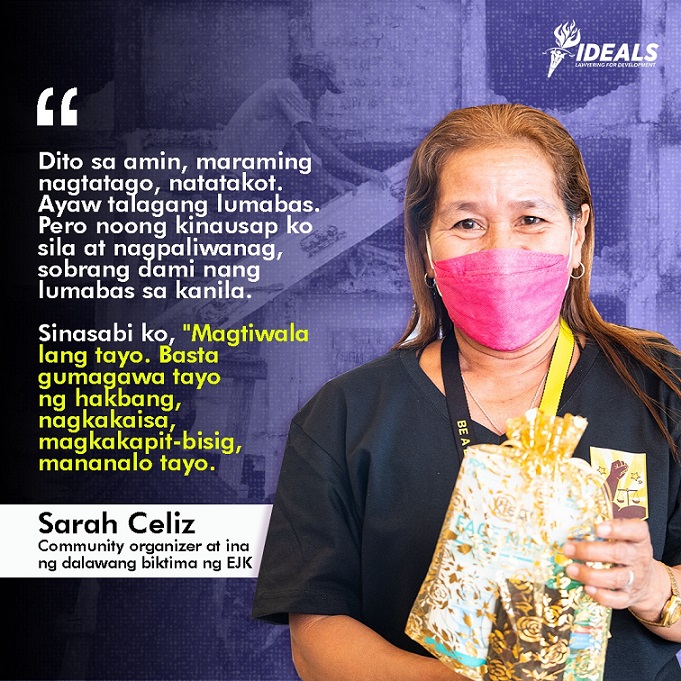StreetLaw PH works with and provides paralegal assistance and training to people who use drugs but have rights under the law on the understanding that “using drugs does not make people less worthy.” “My position is that whatever happens next, we must maintain the importance of preventing more harm on people and of assuring that no one else has to die again as we work towards an approach that puts health and human rights first,” said Alvarez. The lawyer said the movement for drug policy reform needs to acknowledge the role of the existing policy, mainly Republic Act (RA) 9165 or the Dangerous Drugs Law, at the center of the large scale killings in the drug campaign. Lessons from the Philippines As the international community watched developments in the Philippines, the Global Commission on Drug Policy (GDCP) acknowledged the arrest of Duterte, saying that during his presidency, the “war on drugs led to thousands of deaths, with official reports citing over 6,200 fatalities in police operations, while human rights organizations estimate the toll to be significantly higher.” “Many victims were from marginalized communities, deprived of due process, and their deaths have had enduring impacts on families and societal trust,” it said in a statement. Based in the United Kingdom, the GDCP consists of 28 commissioners, 15 former heads of state and prominent political, economic and cultural leaders who promote drug policies that prioritize public health, human rights, and social justice, and advocates for a drug policy that shifts from prohibition to human rights and evidence-based approaches. Drug policy reform is a matter of justice, public health and humanity.” Gloria Lai, regional director for Asia of the International Drug Policy Consortium, a global network that works on rights-affirming drug policies with over 190 member organizations worldwide, appreciated the congressional investigations in the Philippines where Duterte admitted to his crimes prior to his ICC arrest and detention. Read Full Story






